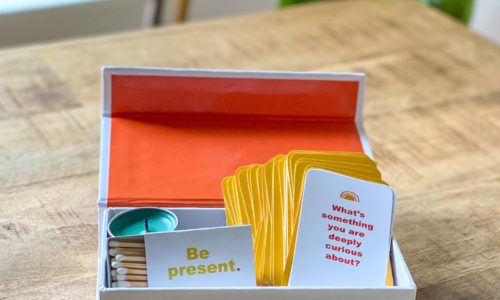There is no short-cut on the Hero’s Journey. No social media filter will make it look rosy, cozy or scrumptious. And Siri will not be there to tell you which way to turn, what the weather will be or how long the trip will take.
That’s the whole point.
The Hero’s Journey is raw and real and ultimately a solo adventure.
While the people – mentors, guides, fellow travelers even enemies and jesters – are crucial influencers of the experience, only the hero can go through it, face the inevitable ordeal that awaits and capture the treasure – the precious inner gift of a strong character that lasts a lifetime.
Applied to a typical day at Acton, the ordeal can come in the form of being held accountable for fudging on goal achievement, engaging in a conflict with a friend, or feeling desperately stuck in math.
What’s a parent of a child on a Hero’s Journey to do when the ordeal is encountered?
In our gut, we know that denying our children the experience of facing their own ordeals is like robbery. When we intervene, take away responsibility or become the voice for our children rather than letting them speak, we steal their opportunity to discover their own personal treasures.
But do we do nothing?
There are two options I ponder when feeling the stress of watching my child face an ordeal – whether as a result of his own choices or that of another person’s choices:
Option 1: Do I intervene? Get upset about the unfairness right alongside him? Get in there and fix it? Take away the tension?
Option 2: Do I wait? Listen? Stay calm? Ask questions to help him figure out what happened and what to do next? Express my belief that he can do this even though it’s hard?
I’d like to think I always choose Option 2 but I’m not always that strong. I’m grateful for the net I have as an Acton parent to catch me before I step in to steal. We designed the parent contract and studio processes not just for other parents – we designed them for me. They are the Siri I wish I had on those days I might otherwise deny my children the treasure that is rightfully theirs. They guide my actions and words.
I also gain perspective from Dr. Madeline Levine’s words in her book, The Price of Privilege: “Parents who persistently fall on the side of intervening for their child, as opposed to supporting their child’s attempts to problem-solve, interfere with the most important task of childhood and adolescence: the development of self.”
(If you’d like a copy of our parent contract, let me know. I’m happy to share.)


